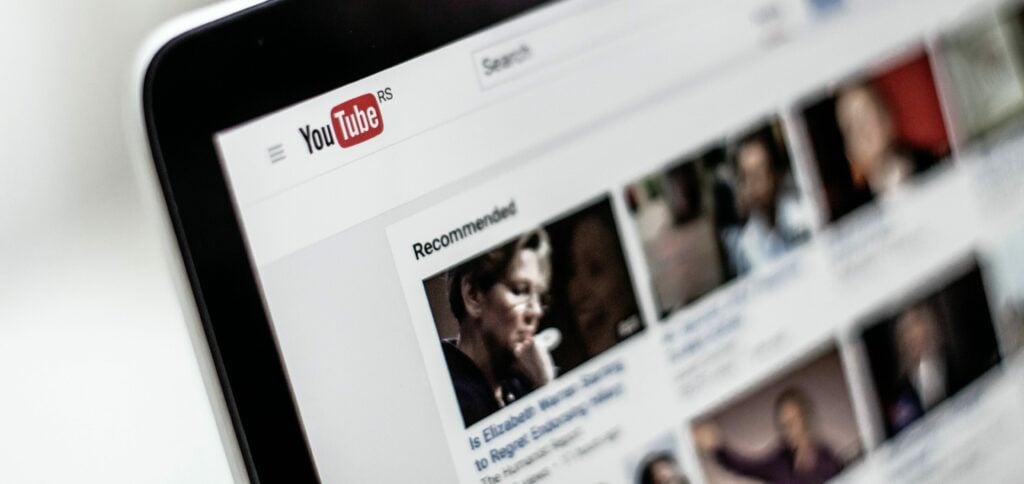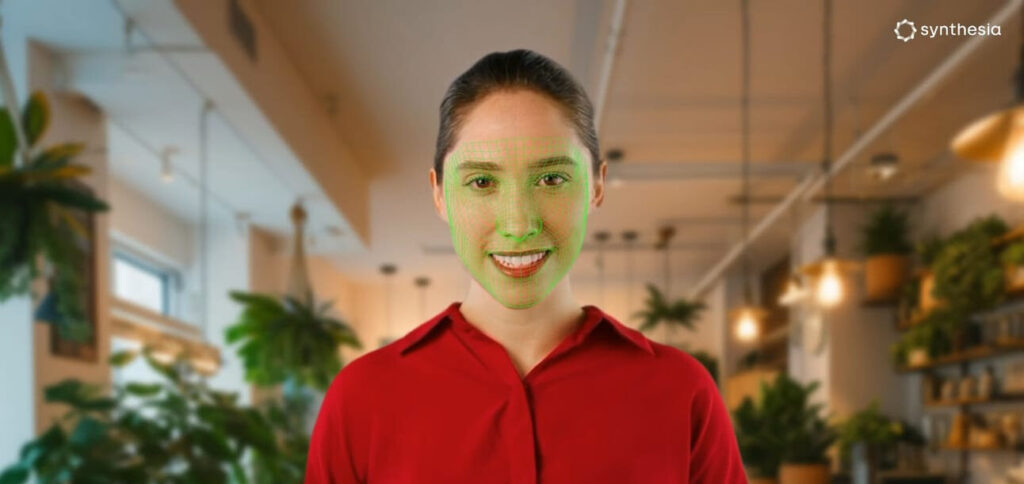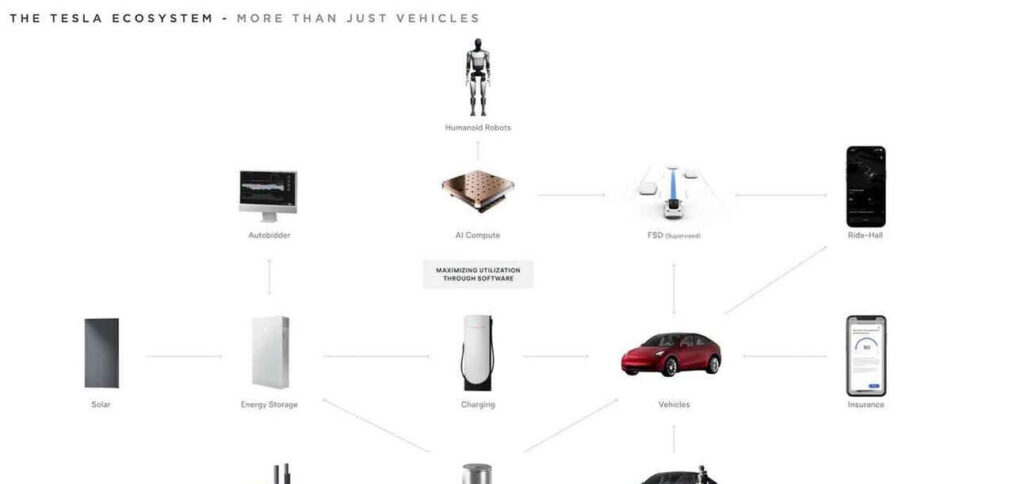The nine judges began to address at 10 am (12 pm Brasília time) the scope of a law that, since 1996, grants a certain immunity to companies.
ADVERTISING
The case is linked to the November 2015 attacks in Paris and stems from a complaint against the Google presented by relatives of Nohemi González, one of the 130 victims of these attacks. The American was studying in France and died in the Belle Equipe cafeteria at the hands of a commando from the Islamic State (IS) group. His parents accuse YouTube, a subsidiary of Google, having recommended videos from the jihadist group to some of its users.
According to them, “by recommending ISIS videos to its users, the Google helped the EI to spread his message and thus provided material support.”
Federal courts rejected the complaint in the name of a legal provision known as “Section 230”, adopted when the Internet was in its infancy and which became one of its pillars. This section decrees that Internet companies enjoy legal immunity for the content they publish because they are not a “publisher”.
ADVERTISING
Nohemi González's family believes, on the contrary, that the Google was not limited to distributing ISIS content, but that its service selected users to offer them the jihadist group's videos – therefore it cannot claim this immunity.
“The selection of users to whom ISIS videos were recommended was made using computer algorithms created and implemented by YouTube”, they argue in an appeal sent to the Supreme Court. By accepting this appeal, the higher court insinuates that it would be willing to change the jurisprudence.
- “The recommendations provided by algorithms are what make it possible to find needles in humanity’s biggest haystack,” wrote the Google to the court, asking that it “not harm a central part of the modern Internet”.
- Allowing platforms to be sued for their algorithms “would expose them to liability for third-party content at virtually all times,” the group says Meta (Facebook, Instagram, WhatsApp), in another argument.
(With AFP)





